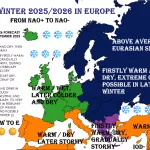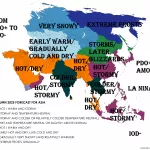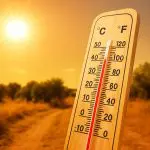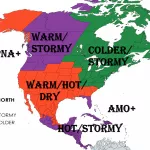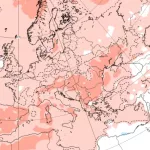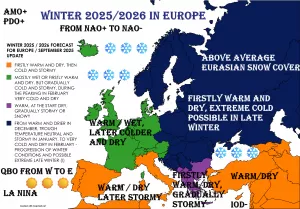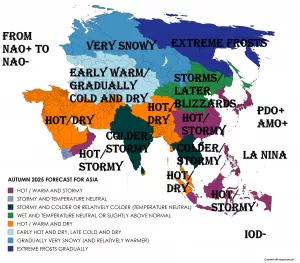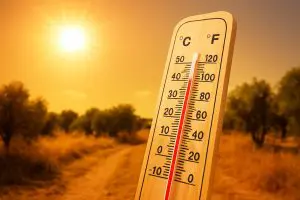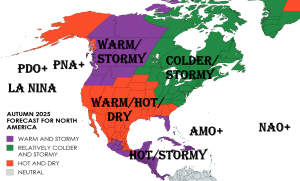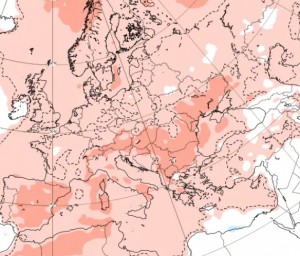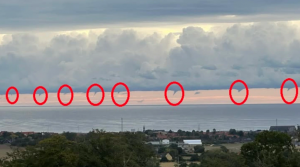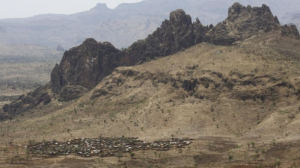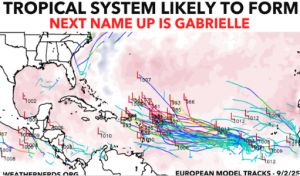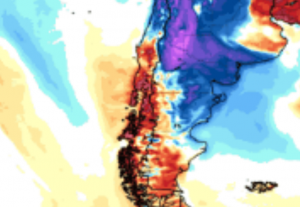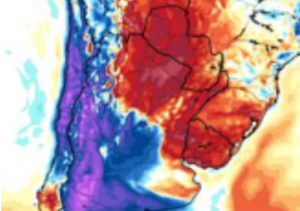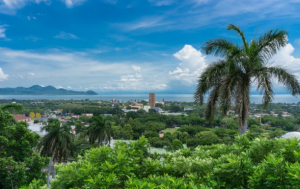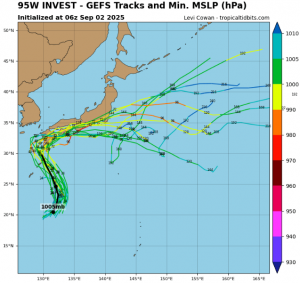
On July 6, 2025, the capital of North Macedonia, Skopje, recorded an exceptional temperature of +42.2°C, coming within just 0.6°C of its all-time heat record. This blistering high marks one of the hottest days in the city’s meteorological history and underscores the intensifying grip of extreme summer heatwaves across Southern and Southeastern Europe.
A Historic Temperature Spike
The all-time high for Skopje stands at +42.8°C, recorded during the notorious 2007 Balkan heatwave. Today’s reading ranks among the top three hottest days ever measured in the capital, a city known for its continental climate and increasingly arid, scorching summers. The heat was particularly oppressive due to light winds, dry air, and full sun exposure, creating a furnace-like atmosphere throughout the Vardar River valley.
Impacts on Daily Life
City services were strained by the extreme heat, with emergency responders, firefighters, and medical personnel on high alert for heatstroke cases, dehydration, and wildfire risks. Authorities urged residents to stay indoors, avoid direct sunlight, and conserve water. The elderly, children, and outdoor workers were identified as particularly vulnerable populations.
Local media reported blackouts, water shortages, and increased hospital visits related to the heat. Urban infrastructure, already stressed by previous waves, was pushed to its limits as air conditioning usage surged.
Climate Context
This extreme temperature event is part of a broader heatwave affecting the Balkans and the Mediterranean, driven by a stagnant high-pressure system and hot Saharan air masses moving northward. Several countries in the region, including Greece, Albania, Serbia, and Bulgaria, have also recorded temperatures exceeding 40°C.
Meteorologists warn that such events are becoming more frequent and intense, in line with global climate change projections. The Balkan Peninsula, in particular, is emerging as a climate hotspot, where urban heat island effects combine with continental heating to create dangerous spikes in temperature.
Looking Ahead
With forecasts predicting continued heat into the next several days, local authorities are maintaining high alert status. Citizens are advised to monitor weather bulletins, use cooling centers if available, and follow public health guidance.
Skopje’s near-record temperature is a red flag – a powerful reminder of the climate extremes that lie ahead if global warming trends continue unchecked.
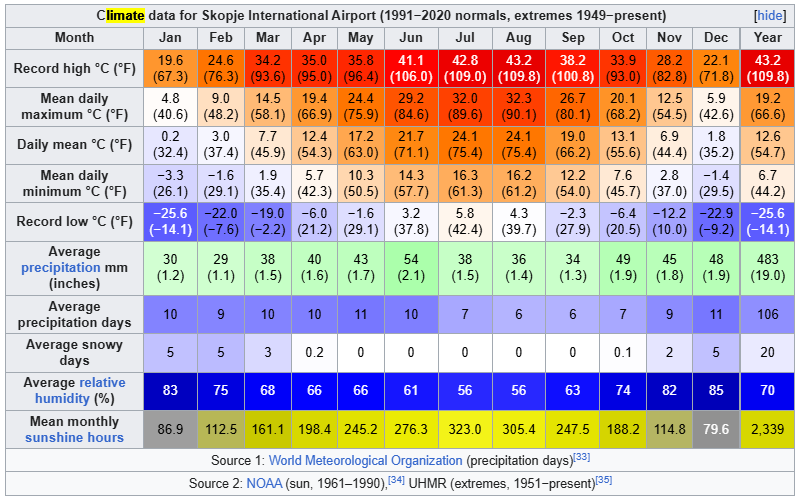
Source: https://en.wikipedia.org/wiki/Skopje

Illustration picture: https://media.tacdn.com/media/attractions-content–1x-1/12/28/41/fb.jpg

